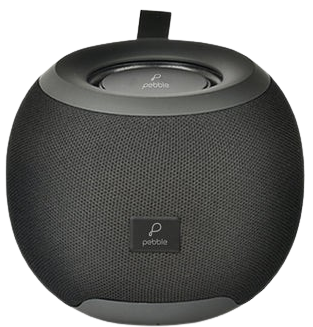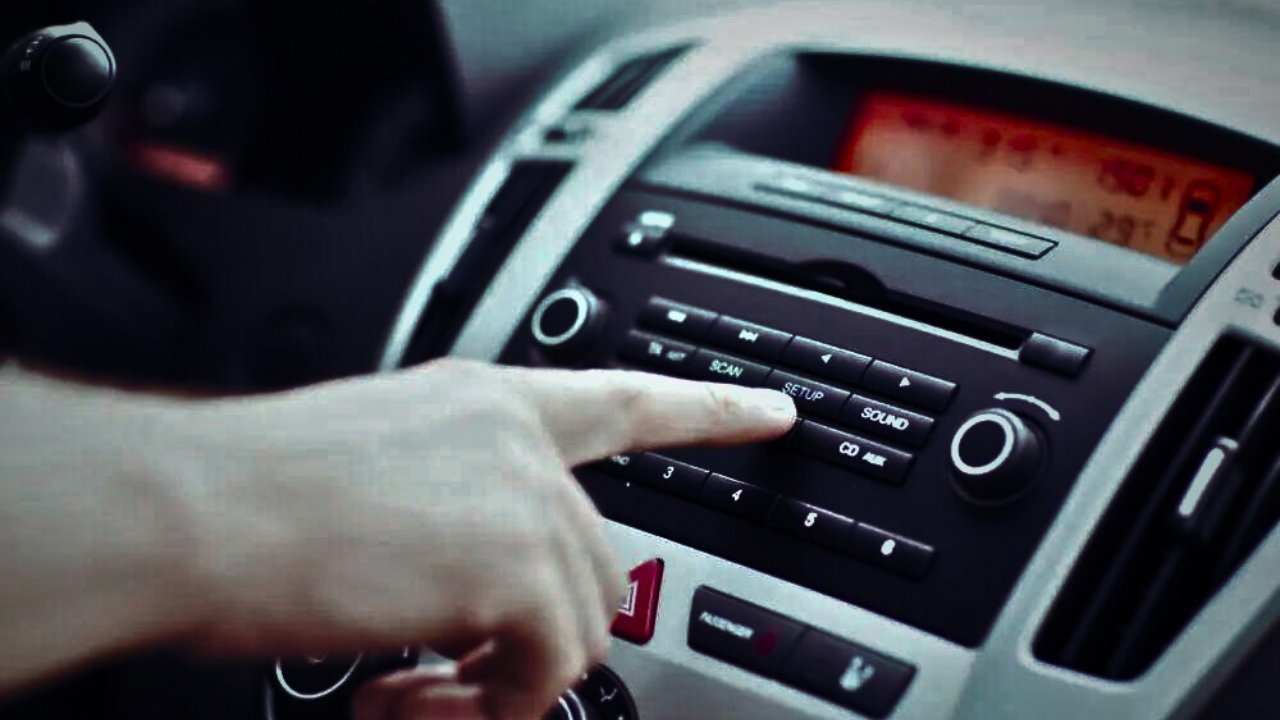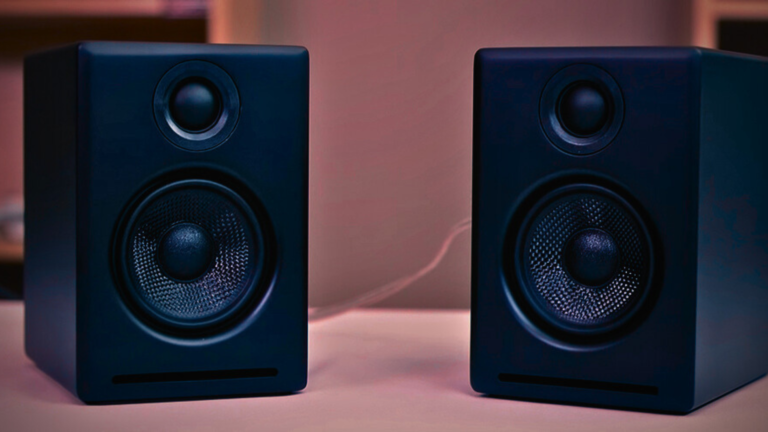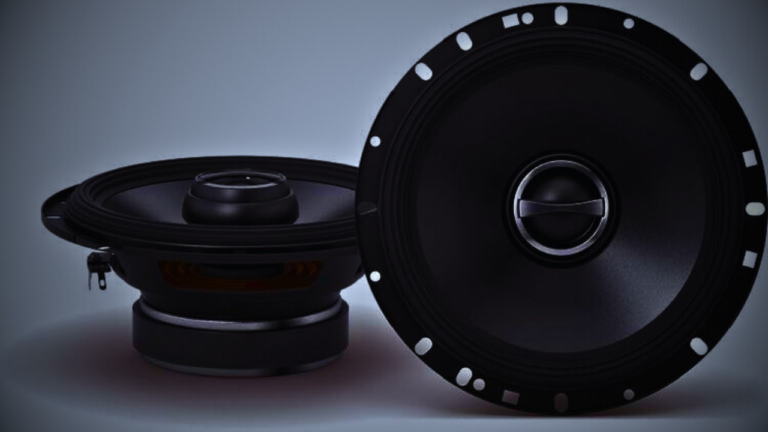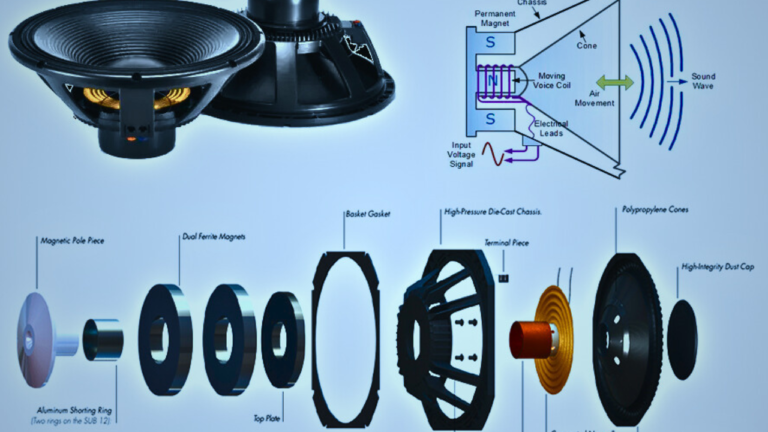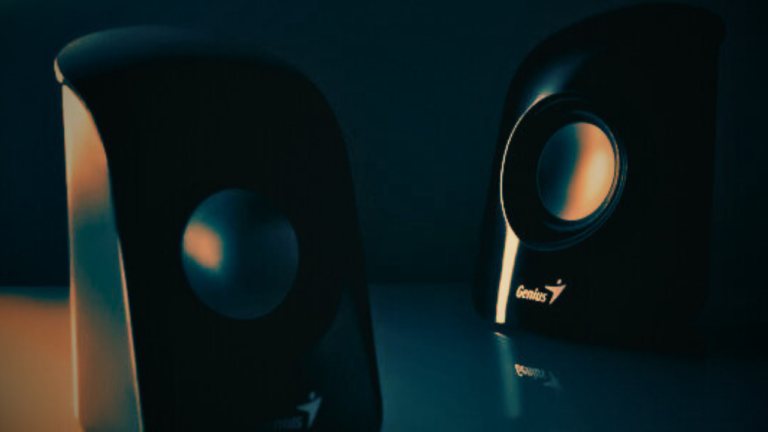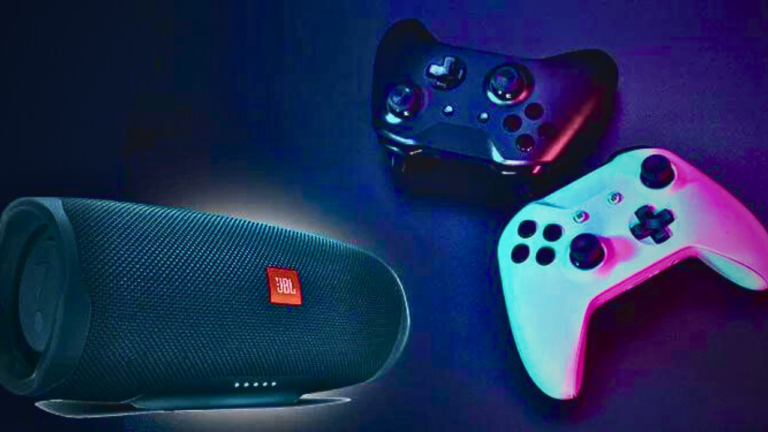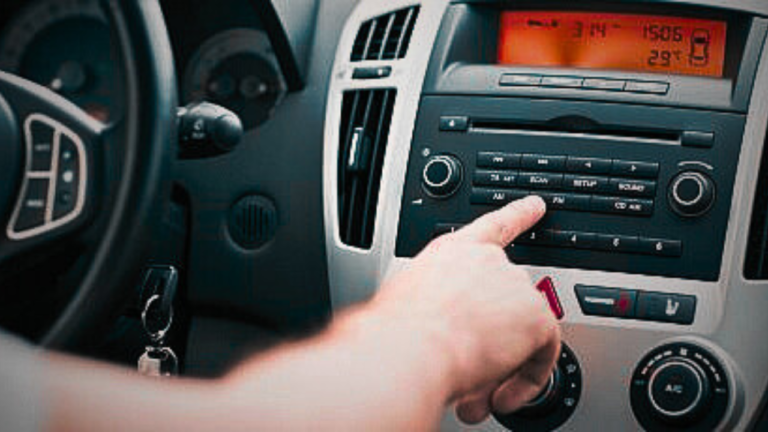How To Stop Buzzing In Car Speakers?
Struggling with a buzzing speaker in your car can be irritating, right? You hop into the vehicle and gear up for a smooth ride accompanied by your favorite tunes, but what you get instead is an unpleasant buzzing noise that destroys the musical mood.
Your car deserves better, and so do you! Don’t worry, though, because there’s no need to endure that nuisance anymore. Together, we’re going to explore simple ways to stop the buzzing in your car speakers.
Why does your car speaker cause a buzzing noise?
Before we dive into the solutions, it’s imperative to understand the root cause of buzzing in car speakers. Unfortunately, this annoying sound can be due to a number of reasons. Fortunately, most of these can be handled with a little know-how, patience, and effort. Here are some common causes:
- Loose wires: this is one of the most common causes. When a speaker wire becomes loose, it can create a buzzing or humming sound.
- Blown speaker: a blown or damaged speaker may also produce a buzzing sound.
- Interference: sometimes, the problem could be due to interference from power wiring, other speakers, or even the car’s engine.
When you face a problem in life, never forget to get to the root of it. It not only saves you time today but also prevents similar issues in the future.
Now that we have a grasp on the common culprits, let’s roll up our sleeves and work on getting your car audio back on the right, buzz-free track!
Read also: How To Connect Passive Speakers To Mixer?
What are the common causes of buzzing in car speakers?
A buzzing sound from your car speakers can be due to a variety of reasons. Often, it’s not the speaker itself that causes the buzz, but external factors. Let’s uncover some of the most common causes:
- Ground Loops: A ground loop occurs when there is more than one path to the ground. This can create a loop of interference, causing your car speakers to emit a buzzing noise.
- Improper Installation: If your car speakers have been installed incorrectly or have loose connections, they could produce a buzzing sound. Even the slightest sorting issues can lead to irritating noises.
- Electrical Issues: When other electrical components in your car, such as the ignition or air conditioning, are interfering with your speaker’s electrical system, it can cause your speakers to buzz.
- Poor Quality Audio Files: You might be surprised to learn that the quality of the audio files you play can impact your speakers. Low-quality audio files often result in a buzzing sound because the speaker struggles to process the poor audio segments.
- Bad Speaker Wires: If the speaker wires are damaged or frayed, they could be causing the speaker to buzz. This is often an easy fix!
- Amplifier Issues: Issues with your car’s amplifier, such as a malfunctioning gain or an amp that’s been set too high, can cause a buzzing sound from your speakers.
In most cases, the buzzing sound is an annoyance rather than a severe problem. Luckily, there are ways to solve these issues and return your car’s audio to top-notch performance. Keep reading to discover the tools you need to fix the buzzing noise in your car speakers!
What tools or materials are needed to fix buzzing in car speakers?
Fixing buzzing in your car speakers doesn’t have to be a nightmare. With the right set of tools and materials, you’ll be well on your way to enjoying crisp, clear sound from your car stereo again. Here’s what you would typically need:
- Hex Wrench: A hex wrench (sometimes referred to as an Allen key) is often needed to remove the speakers.
- Screwdriver: A Phillips head screwdriver is commonly used for securing screws on the speaker.
- Wire Strippers: Wire strippers are a must-have for adjusting the length of your speaker wires. You will need these if you find any frayed or exposed wires that need replacing or repair.
- Electrical tape: This is used to secure any exposed wire after it has been stripped and reconnected.
- Replacement Speaker Wires: Depending on the source of the buzzing, you may need to replace your speaker wires. Make sure to purchase wires that are compatible with your vehicle’s audio system.
- Voltmeter: A voltmeter, or multimeter, is used for testing electrical connections. It can help identify any problems with the power supply that could be causing the buzzing in your speakers.
These tools and materials would typically handle the majority of the causes of buzzing in car speakers. However, more complex issues might require professional intervention.
What are the typical steps to eliminate buzzing from car speakers?
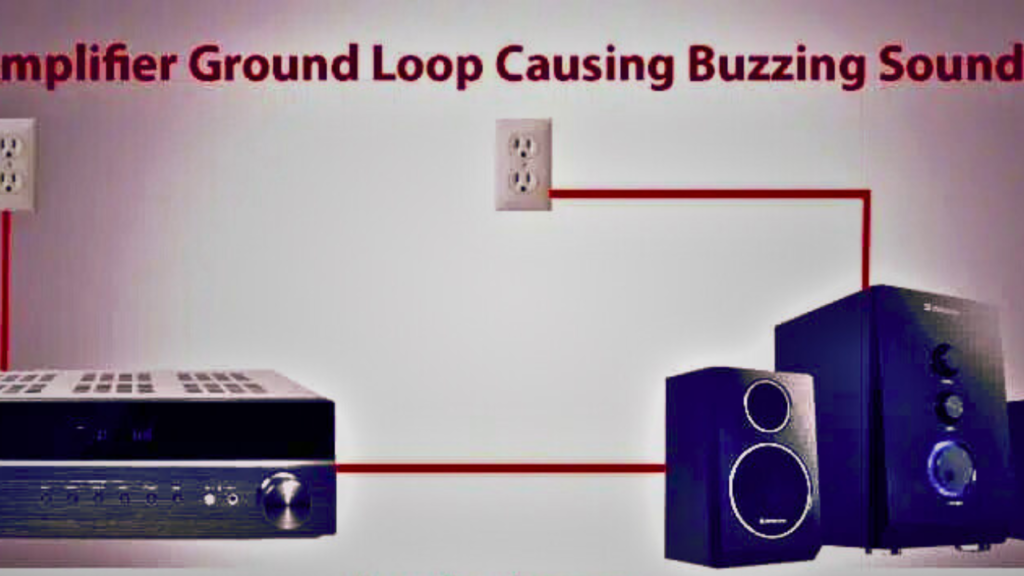
Fixing the annoying buzz in your car speakers doesn’t have to be a complicated task. By following a few simple steps, you can be on your way to enjoying clear, buzz-free audio on your journeys. Here’s the typical course of action:
- Identify the source: Start your car without running the engine. Play some audio while gradually increasing the volume to spot exactly when the buzzing noise enters. The point at which the noise starts can be a clue as to what’s causing it.
- Inspect the Audio System: Look over your audio system’s wiring. Loose wiring connections can often be the source of the problem. If you see corroded wires or loose connections, you’ve likely found the culprit. Reconnect the loose wires and replace the corroded ones.
- Check the Ground Wires: Ground wires, when not properly installed, can cause a buzzing noise in your car speakers. Make sure these wires are securely fitted to the car’s metal body and are not rusted or broken.
- Examine the Speaker Cones: Sometimes the speakers themselves could be the cause. Check the speaker cones for tears or holes. If you find any, it’s likely time to replace the speaker.
- Investigate the power source: A defective alternator or lack of power supply can cause high-frequency buzzing. Therefore, try using an alternator noise filter or checking if your car battery is providing enough power.
- Use a Noise Filter: If nothing else works, you might want to try installing a noise filter on your audio system. This device acts as a line of defence, eliminating any unwanted noises resulting from power-line interferences.
Remember, it’s always wise to consult a professional if you’re unable to find or fix the problem. While these steps can guide you in troubleshooting the issue, certain repairs may require technical expertise.
Are there any safety precautions to consider when fixing buzzing in car speakers?
Definitely, safety is always paramount, especially when you’re dealing with electronic equipment like your car’s audio system. Let’s go over some safety measures you should consider when trying to fix the buzzing sounds coming from your car speakers.
- Disconnect the Battery: Before you begin working on your car speakers, ensure that your vehicle is off and that you disconnect the battery. This will prevent any accidental shocks or damage to the vehicle’s electrical system.
- Use Insulated Tools: Whenever possible, use tools that have insulated handles. This additional layer of protection can prevent accidental contact with live wires or components.
- Use safety gear. Don’t forget to protect your eyes and hands. Safety glasses and gloves not only keep you safe from accidental scrapes and scratches, but they can also protect your eyes from potential flying debris.
- Avoid Working in Wet Conditions: Remember, electricity and water don’t mix. If you’re working outside, wait for a dry day, and if you must work in a garage, ensure the area around your vehicle is dry.
- Don’t Force Things: If a part doesn’t fit or a screw doesn’t want to turn, don’t force it. Forcing parts can lead to breakdowns and potential accidents. Take your time, and if something doesn’t feel right, stop and consult a professional.
While it’s important to fix the buzzing noise in your car’s speakers, your safety and well-being are more crucial. So, always be aware and cautious when working on your car’s audio system.
What are some preventative measures to avoid future buzzing in car speakers?
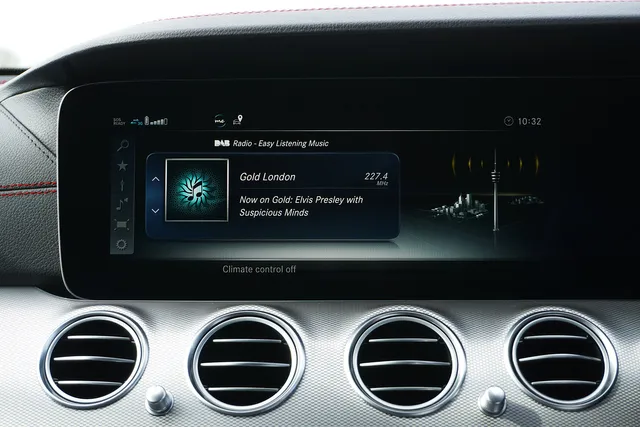
Keeping your car speakers in top-notch condition isn’t just about fixing problems as they arise; you’ll also want to prevent any future issues. Let’s take a deep dive into some effective preventative measures to keep that annoying buzzing sound at bay.
The golden rule here is proper maintenance. It’s the umbrella under which most of these preventive measures fall. But let’s get more specific:
- Regular Cleaning: Dirt, dust buildup, or any foreign object can affect the performance of your speakers. Regularly cleaning your speakers can help maintain their health and prevent any unwanted noises.
- High-Quality Audio: Poor-quality sound files or radio signals often lead to buzzing and distortion. Using high-quality audio sources can mean a massive reduction in unwanted noise.
- Avoiding High Volumes: Blasting your speakers at high volumes might temporarily feel like a good idea, but it can cause long-term damage. Lowering the volume level can help prolong the life of your speakers and avoid the onset of buzzing.
- Proper Installation: Make sure your speakers and audio system are correctly installed. Haphazard wiring and loose connections can lead to several issues, including that pesky buzzing sound. Consider getting a professional to install your speakers if you’re unsure.
- Weather Protection: Direct exposure to harsh weather can degrade your speakers over time and could result in a buzz. Whenever possible, park your vehicle in a covered area and consider using speaker covers for extra protection.
Let’s not forget that, at the end of the day, speakers are an integral part of your vehicle’s system. Keeping them in good shape not only enhances your listening experience but also adds to the overall wellbeing of your vehicle.
Now that you’re equipped with these preventative measures, say goodbye to those disruptive buzzing noises from your car speakers!
Conclusion
As we wrap up, it’s clear that dealing with a buzzing sound in car speakers can be quite a nuisance, but with the right understanding and tools, you can address this issue effectively.
Through identifying the cause, understanding the necessary tools and materials, and following the typical steps for elimination, you can silence those buzzy intruders. But remember, safety first! Always follow the precautions outlined, and never rush into a repair without the right protective gear.
In addition to fixing current buzzing problems, prevention is equally crucial. By maintaining proper installation, calibration, and using quality audio equipment, you can significantly minimize the chances of future buzzing in your car speakers. A pro-active approach to preventing buzzing noise can save you a lot of hassle down the road.
Finally, if your speakers continue to buzz despite your best efforts, it might be time to call in a pro. After all, God is in the details, and sometimes you need a seasoned eye to spot those elusive problems.
In the end, a quiet, enjoyable listening experience is worth the effort. So, roll up your sleeves and wave goodbye to those annoying buzzes! Your favorite tunes await in crisp, beautiful sound quality.
Note: The information provided in this article is intended for educational purposes. Always consult a proficient car audio technician when uncertain about a process or safety precaution.
To conclude, remember that patience is key. Troubleshooting car speaker problems may require time and effort, but the results are rewarding: crystal-clear, buzz-free audio for your enjoyment.
Read also: Why Are Magnets Used In Speakers To Form A Sound?
FAQs
Why is there a buzz in my car speakers only when the engine is on?
This could be due to a ground loop issue. These are generally caused by electrical paths that disrupt your car’s grounding system . A professional can help diagnose and fix this issue effectively.
How serious is a buzzing noise in car speakers?
While a light buzzing noise isn’t an imminent danger to your car, it can be quite frustrating and even ruin the quality of your car’s sound system. If left unattended, it can lead to bigger issues, like speaker damage.
Can a buzzing speaker damage your hearing?
Constant exposure to loud buzzing noises may lead to hearing problems over time. It’s always better to address the issue promptly.
Could a faulty radio cause my speakers to buzz?
Yes, it could. A problem with your car’s radio might also result in a buzzing sound emitting from your speakers. If troubleshooting the speakers doesn’t work, consider having your radio checked.
Can a poor-quality auxiliary cable cause buzzing in car speakers?
Yes, it’s possible. Poor-quality auxiliary cables can pick up interference that can result in an annoying buzzing noise in your speakers.
Is it expensive to fix a buzzing car speaker?
The cost can vary greatly, depending on the cause of the buzzing. Simple fixes, like loose wiring, are often inexpensive. However, if you need to replace the entire speaker, it can be more expensive.
Can I fix a buzzing car speaker by myself?
Yes, minor issues like loose wire connections and blown speaker cones can be fixed with a little bit of knowledge and the right tools. However, some problems might necessitate the assistance of a professional.
Do I need specialized tools to fix a buzzing car speaker?
Some common tools necessary could include a multimeter, a soldering iron, and a wire strip. However, the tools required would largely depend on the nature of the problem.
Is the buzz in my car speakers harmful to the vehicle’s overall function?
Typically, a buzz in the car speakers doesn’t impact the overall functionality of the vehicle. However, it might indicate an electrical issue that could potentially affect other elements of your car’s system in the future.
I’ve fixed the buzz, but it keeps returning. What could be the issue?
This could mean that there is a persistent issue at play—possibly faulty equipment, a grounding problem, or even a bigger electrical issue in your vehicle. If the buzz keeps returning, it’s best to consult with a professional.

Hey there! I’m Henry Jack, the voice behind speakerrealm.com, your ultimate destination for everything speakers. Whether you’re a seasoned audio enthusiast or just starting to explore the world of sound, you’ve come to the right place.
At Speaker Realm, I dive deep into the realm of speakers, bringing you comprehensive reviews, insightful guides, and the latest trends in the industry. From floor-standing behemoths to compact bookshelf wonders, I cover it all.
I’m passionate about helping you find the perfect speakers to elevate your audio experience. Whether you’re setting up a home theater, upgrading your sound system, or just looking for some quality audio gear, I’ve got you covered.
But Speaker Realm isn’t just about technical specs and performance metrics—it’s also about the art and science of sound. I explore topics like acoustic design, speaker technology, and the impact of audio on our lives.
So whether you’re a casual listener or a hardcore audiophile, join me on this journey through the world of speakers. Let’s turn up the volume and explore the endless possibilities of sound together at speakerrealm.com!
